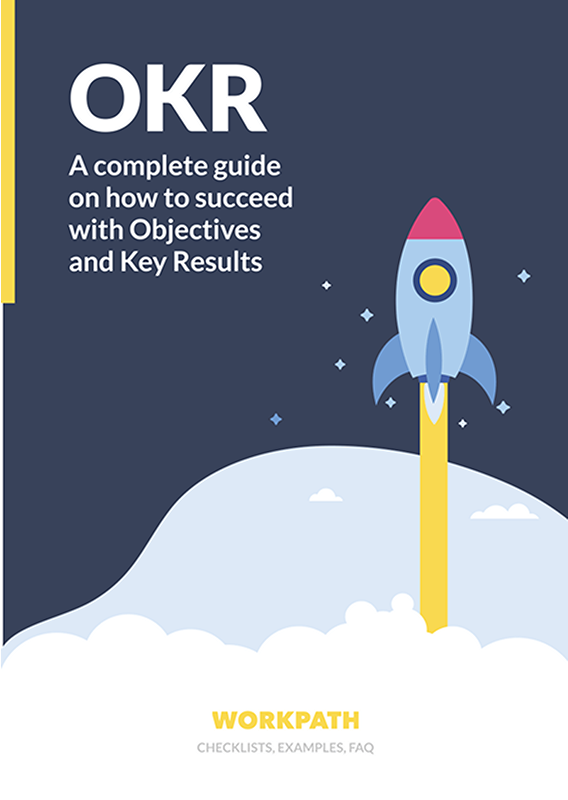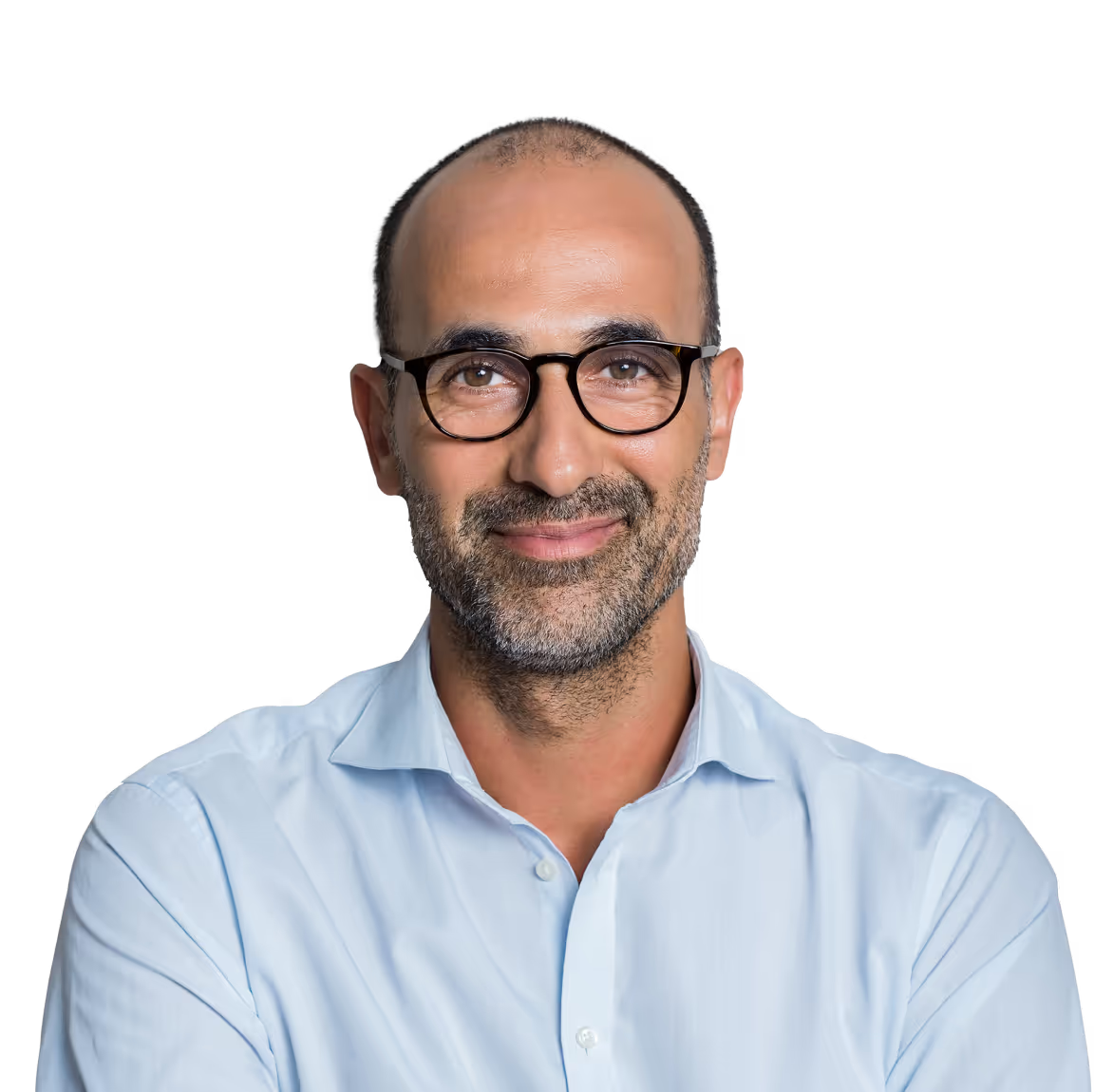Hi Max, you have been OKR Program Lead for Scout24 since 2019. How did you come to this position?
I joined Scout at the end of 2015 to create the Group Procurement function. After we have set everything up it was time to move somewhere else and with what I had observed in Procurement I thought it would be interesting to work on Project Management and organizational processes. So we created the Project Management Office (PMO) and I made that move in early 2019 after we decided to implement the OKR framework for the entire organization. I was also involved in many different processes, such as planning activities related to OKRs, and the idea was to bring everything under one roof. Before that, I had no experience with OKRs.
What is your role exactly in the whole OKR process?
As Program Lead, it is my job to make sure we are using OKR correctly and to keep improving as we work with OKR. I am constantly thinking about what we have achieved and how we can get better. That means I give training and monitor our progress throughout the cycle. I also work with our leadership team to inform them of our success with the OKR program.
As part of my monitoring activities, I use several reports and Dashboards in the Workpath Analytics Suite that we put together individually.
What has led to the decision to do OKRs at Scout24?
.png)
Scout24 had a rather traditional top-down approach of managing organizational and team objectives. We realized that there were certain aspects that we needed to improve in order to better connect everyone to strategic priorities and alignment with organizational goals.
During this time, some employees were already looking for ways to innovate and they started exploring how other digital companies were working. Naturally, they were looking around the Bay Area and came across the concept of OKR.
We started a pilot in 2018 with about a hundred people and created a positive dynamic. That is why we decided to progressively implement OKRs across the whole organization with Workpath in early 2019 with Workpath.
What role did the leadership team play in the OKR implementation and its success?
There were some doubts at the beginning, of course, but in general the leadership team was very supportive. And that is one of the main reasons we are as successful as we are today. The leadership team has changed the way it communicates and talks about goals, and set an example for the rest of the teams.
Today, OKR has become our common language. Whenever we talk about success, prioritization or capacity planning, we talk in terms of OKRs. And that is because the leadership team has been on board from the beginning and supported the decision.





